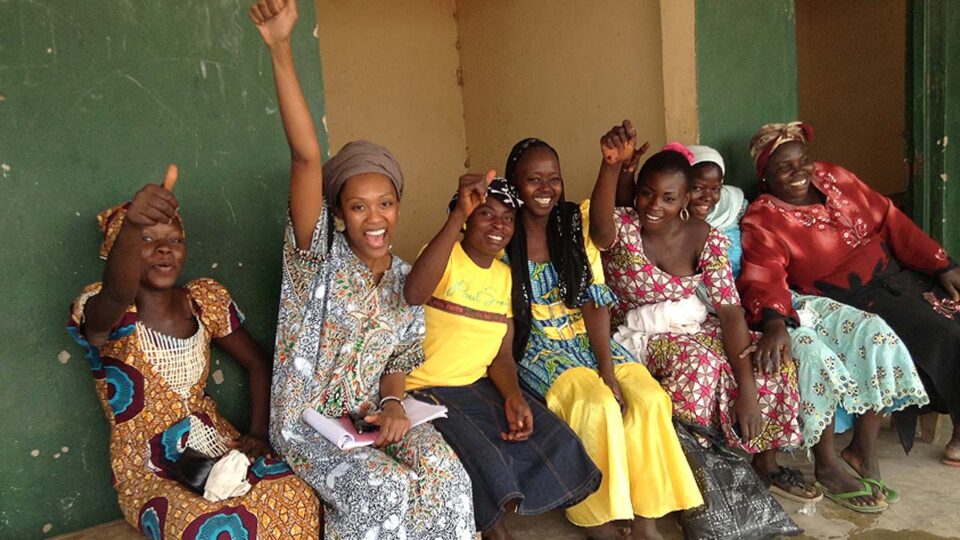From Douglas Blessing, Port Harcourt
A Non Governmental Organisation under the aegis of D-Ability Initiative, has stated reason for the commencement of entrepreneurial skills acquisition training for hearing impaired (deaf) women and girls in Rivers State.
The training which will run for about six months, is initiated by the D-Ability Initiative, with support from the European Union, and Agents for Citizen-Driven Transformation and the British Council.
The Executive Director of D-Ability Initiative, Dr Kingdom Nwanyanwu, who spoke with The AUTHORITY, during the flagg-off ceremony in Port Harcourt, said the goal of the training is to improve the financial wellbeing of hearing impaired women and girls in the State.
Nwanyanwu, explained that fashion and design, was chosen because it is a skills that allows the designer to show their creativity and also easy to start up.
Noting the challenges the deaf people experience, especially the women as a result of their disability, Nwanyanwu said the training will equip them to competitively face the society without fear.
“People with disability are marginalised, but when it comes to the world of disabilities, the deaf are the most marginalised. They are the most vulnerable because they cannot express their situation. Secondly, being women and deaf makes them the most vulnerable because they face many forms of neglect.
“So when we give them the entrepreneurial skills that will enhance and bring their creativity to bear, it will bring about their financial independence.”
He however, called on the government to support and partner with the civil society to give a sense of belonging to people with disability.
“After this training, we are going to set up a hub, where all of them are going to work. Imagine having a hub where all the fashion designers working there are all deaf people who are creating innovative fashion designs, so that is our target. We want them to put the training into use under our supervision, so that we will achieve the aim the training in order to train other people.”
Some of the beneficiaries who spoke through interpreter, thanked the group for the initiative, as they narrated their experiences relating with other people who may be without disability.
Uche Micah, a deaf woman, regretted that the society does not have any special attention for deaf people.
“After the training I am expecting to be self dependent to be able to sew clothes for people and make money. I am very happy because this is the first time that this kind of program is coming specifically for female deaf, mothers and girls, I am expect more of this project.”
Also, a parent to one of the deaf beneficiary, Mr Jimoh Salaudeen, commended the European Union, the Agents for Citizen-Driven Transformation, British Council and D-Ability Initiate, for the empowerment programme.
Salaudeen said: “Deaf people have been grossly marginalised. The government at all levels should intervene and see how they can improve the wellbeing of deaf people.”



